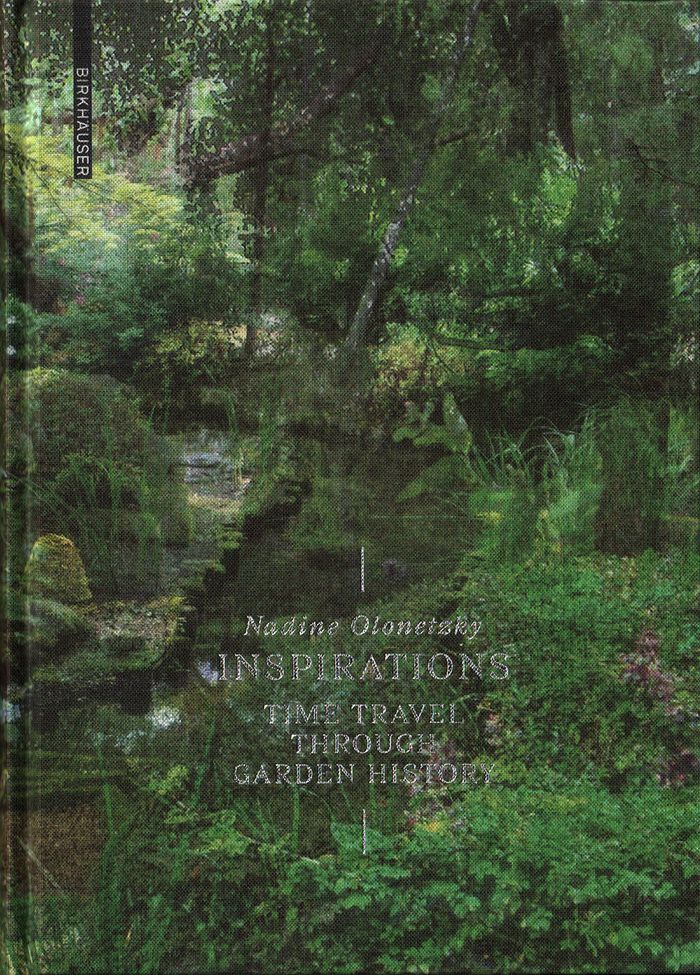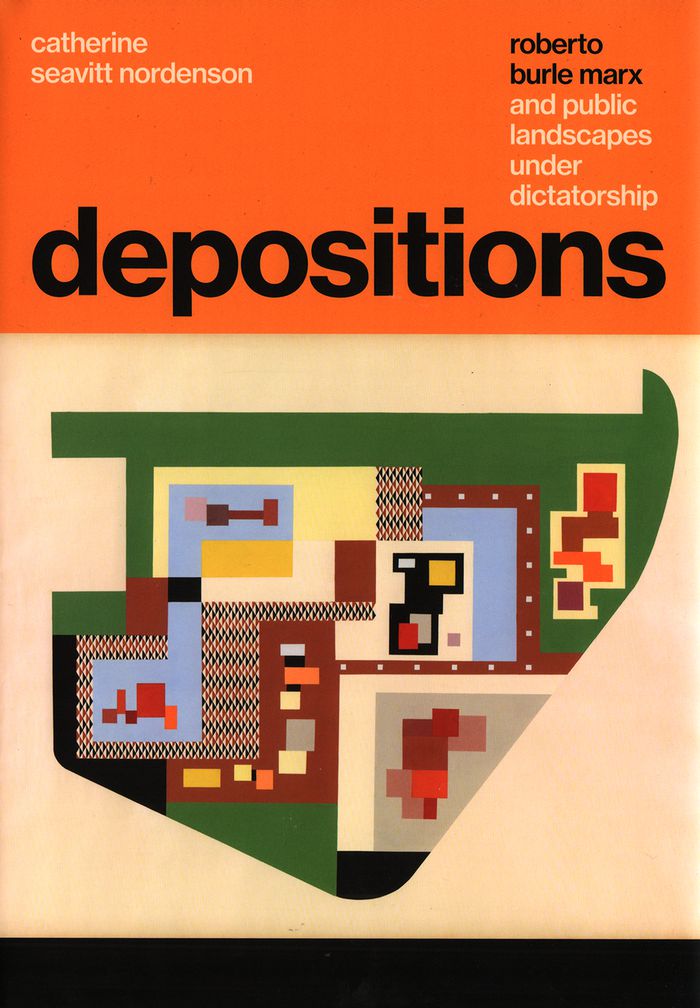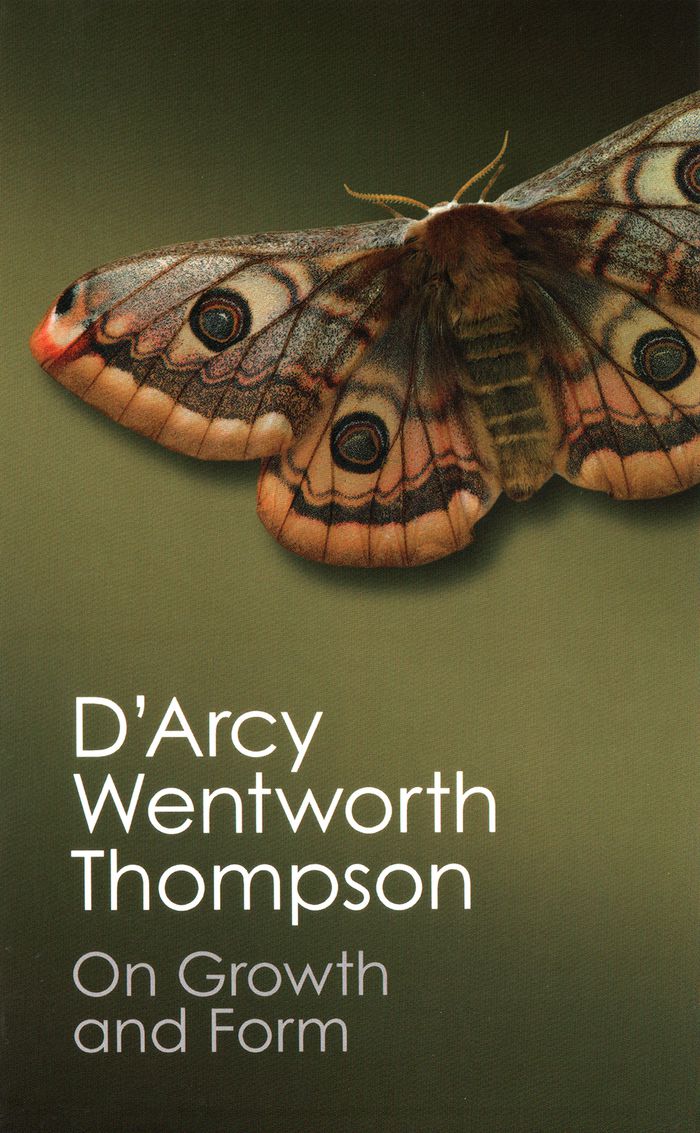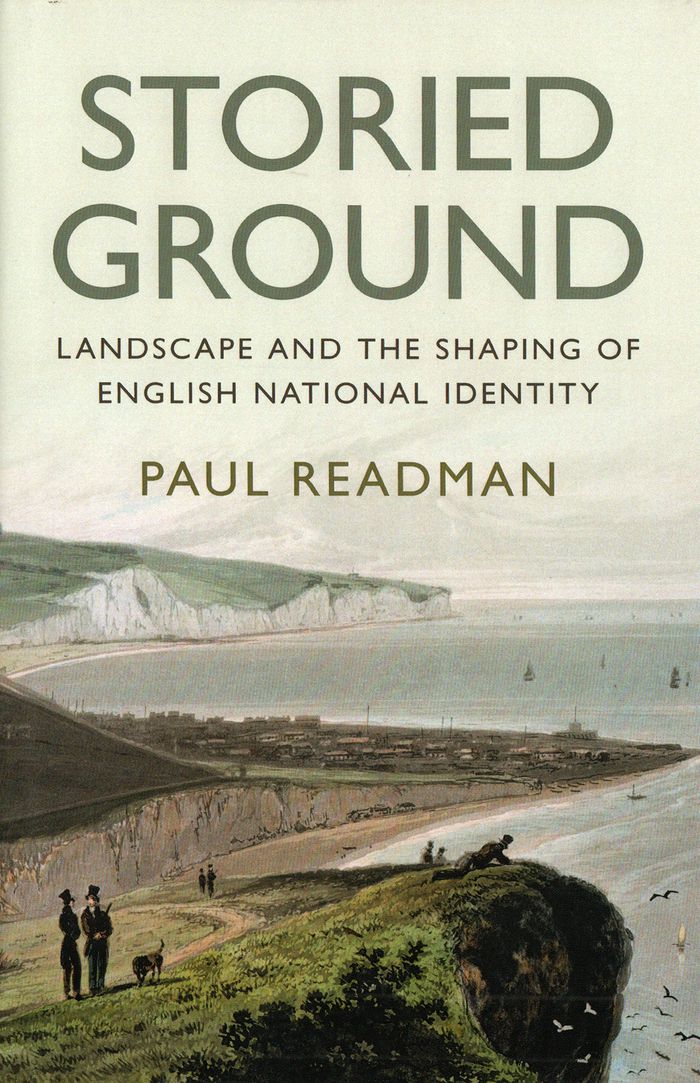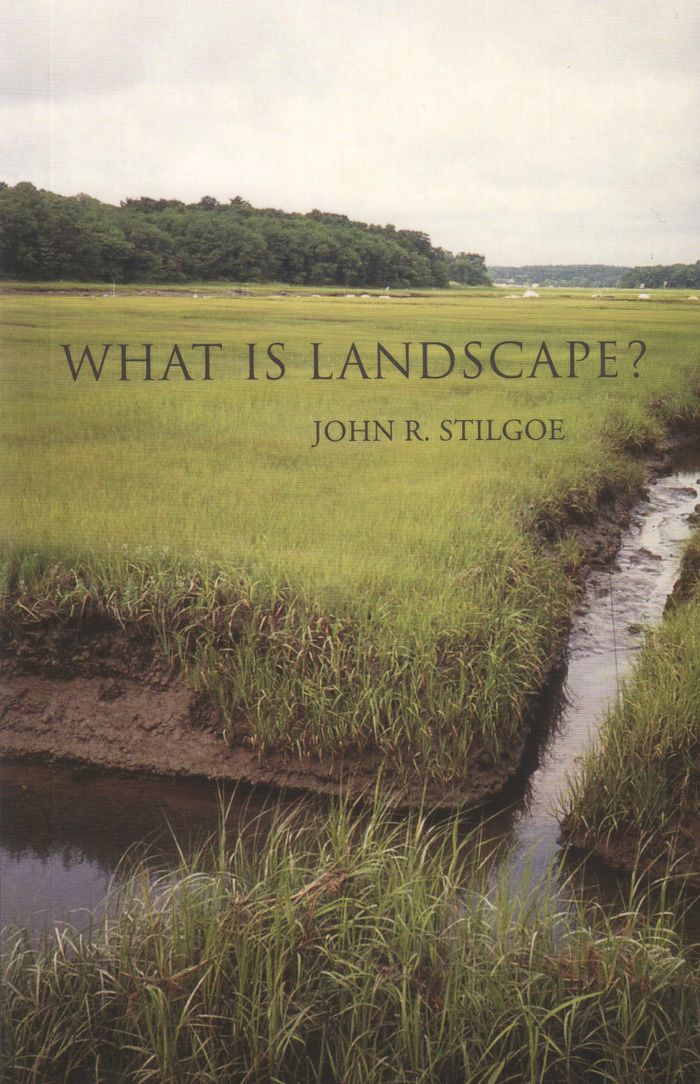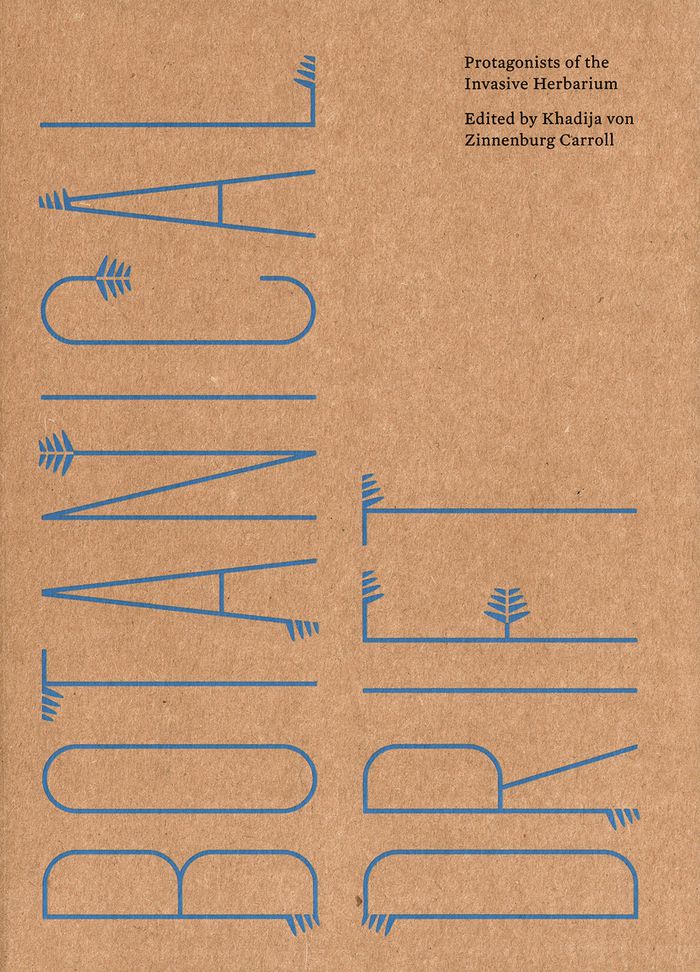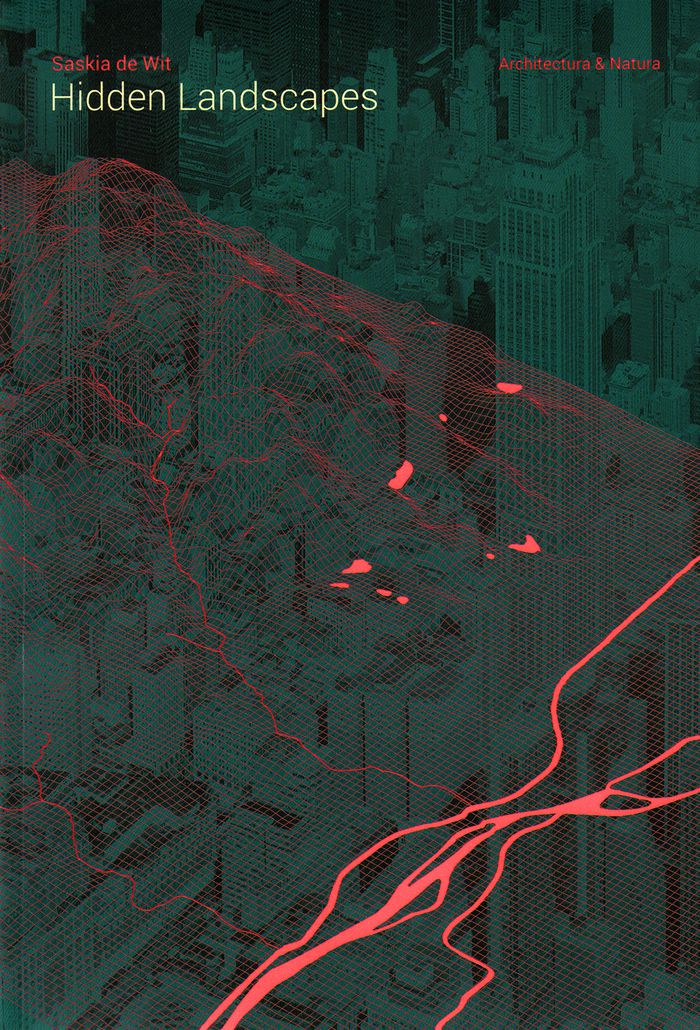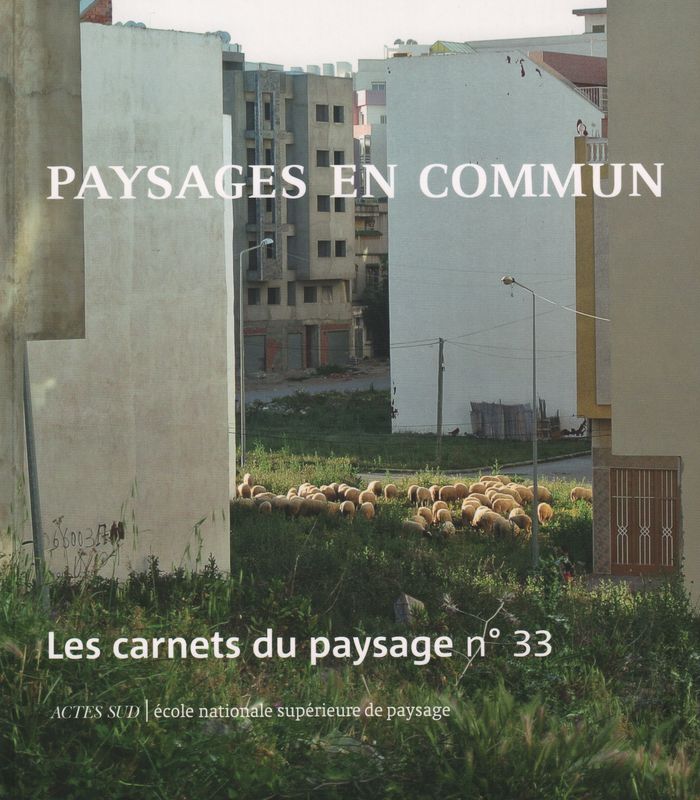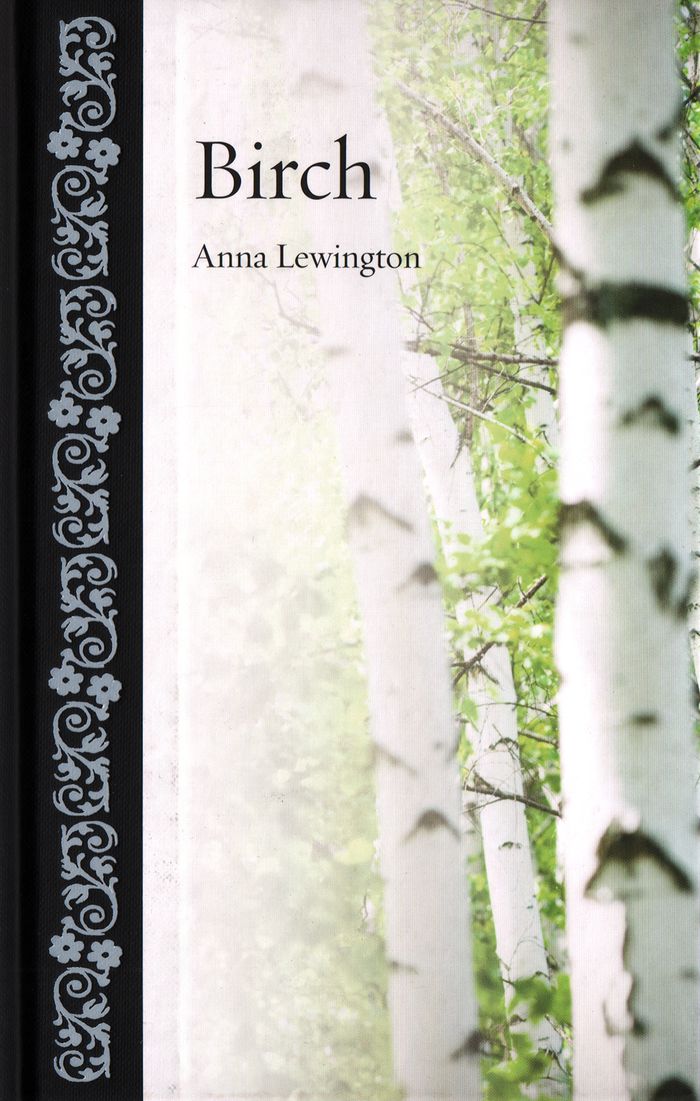$51.95
(available to order)
Summary:
The book recounts the history of gardens from their likely origins in Mesopotamia to today; in chronological order and in sections with keywords, it introduces the most important styles as well as the people that have influenced developments in Europe.
Inspirations: a time travel through garden history
Actions:
Price:
$51.95
(available to order)
Summary:
The book recounts the history of gardens from their likely origins in Mesopotamia to today; in chronological order and in sections with keywords, it introduces the most important styles as well as the people that have influenced developments in Europe.
Landscape Theory
$67.50
(available to order)
Summary:
Presenting the first English translation of Burle Marx’s "Depositions," this volume highlights the environmental advocacy of a preeminent Brazilian landscape architect who advised and challenged the country’s military dictatorship.
Depositions: Roberto Burle Marx and public landscapes under dictatorship
Actions:
Price:
$67.50
(available to order)
Summary:
Presenting the first English translation of Burle Marx’s "Depositions," this volume highlights the environmental advocacy of a preeminent Brazilian landscape architect who advised and challenged the country’s military dictatorship.
Landscape Theory
On growth and form
$21.95
(available in store)
Summary:
Why do living things and physical phenomena take the form they do? D'Arcy Thompson's classic "On Growth and Form" looks at the way things grow and the shapes they take. Analysing biological processes in their mathematical and physical aspects, this historic work, first published in 1917, has also become renowned for the sheer poetry of its descriptions. A great scientist(...)
On growth and form
Actions:
Price:
$21.95
(available in store)
Summary:
Why do living things and physical phenomena take the form they do? D'Arcy Thompson's classic "On Growth and Form" looks at the way things grow and the shapes they take. Analysing biological processes in their mathematical and physical aspects, this historic work, first published in 1917, has also become renowned for the sheer poetry of its descriptions. A great scientist sensitive to the fascinations and beauty of the natural world tells of jumping fleas and slipper limpets; of buds and seeds; of bees' cells and rain drops; of the potter's thumb and the spider's web; of a film of soap and a bubble of oil; of a splash of a pebble in a pond.
$37.95
(available to order)
Summary:
The book takes us from the fells of the Lake District to the uplands of Northumberland; from the streetscapes of industrial Manchester to the heart of London. This panoramic journey reveals the significance, not only of the physical characteristics of landscapes, but also of the sense of the past, collective memories and cultural traditions that give these places their(...)
Storied ground: landscape and the shaping of English national identity
Actions:
Price:
$37.95
(available to order)
Summary:
The book takes us from the fells of the Lake District to the uplands of Northumberland; from the streetscapes of industrial Manchester to the heart of London. This panoramic journey reveals the significance, not only of the physical characteristics of landscapes, but also of the sense of the past, collective memories and cultural traditions that give these places their meaning. Between the late eighteenth and early twentieth centuries, Englishness extended far beyond the pastoral idyll of chocolate-box thatched cottages, waving fields of corn and quaint country churches. It was found in diverse locations - urban as well as rural, north as well as south - and it took strikingly diverse forms.
Landscape Theory
What is landscape?
$25.95
(available to order)
Summary:
"What Is Landscape?" is an invitation to walk, to notice, to ask: to see a sandcastle with a pinwheel at the beach and think of Dutch windmills icons of triumph, markers of territory won from the sea; to walk in the woods and be amused by the Elizabethans' misuse of the Latin silvaticus (people of the woods) to coin the word savages; to see in a suburban front lawn a(...)
What is landscape?
Actions:
Price:
$25.95
(available to order)
Summary:
"What Is Landscape?" is an invitation to walk, to notice, to ask: to see a sandcastle with a pinwheel at the beach and think of Dutch windmills icons of triumph, markers of territory won from the sea; to walk in the woods and be amused by the Elizabethans' misuse of the Latin silvaticus (people of the woods) to coin the word savages; to see in a suburban front lawn a representation of the meadow of a medieval freehold.
Landscape Theory
$44.95
(available to order)
Summary:
"Botanical Drift" explores the hermeneutics, historicization, semiotics, and symbiosis of plant diversification, species cultivation, and destruction—past and present, extant and extinct—around the globe. Plant histories are explored as commodities and colonial as well as decolonial devices by significant and diverse feminist, art-historical, and anthropological(...)
Botanical Drift: protagonists of the invasive herbarium
Actions:
Price:
$44.95
(available to order)
Summary:
"Botanical Drift" explores the hermeneutics, historicization, semiotics, and symbiosis of plant diversification, species cultivation, and destruction—past and present, extant and extinct—around the globe. Plant histories are explored as commodities and colonial as well as decolonial devices by significant and diverse feminist, art-historical, and anthropological voices—from Germaine Greer to herman de vries—bringing new perspectives through photo-essays, fiction, performance, and interventions in ecological, film, and translation archives. Reflecting on experimental ecology—the undiscovered, underestimated, and undesired non-European flora and fauna—it challenges perception and inspires potentialities to bring new understandings of the undergrowth of the Kew Gardens botany collection.
Landscape Theory
$85.00
(available to order)
Summary:
Authored by Saskia de Wit, this book examines the enclosed garden as an expression of the ‘genius loci’. How can this be made accessible in the contemporary metropolitan landscape? Included are analyses of the spatial, sensorial, and narrative craft patterns of metropolitan gardens ranging from traditional Japanese masterpieces to contemporary European landscape(...)
Hidden landscapes: the metropolitan garden as a multi-sensory expression of place
Actions:
Price:
$85.00
(available to order)
Summary:
Authored by Saskia de Wit, this book examines the enclosed garden as an expression of the ‘genius loci’. How can this be made accessible in the contemporary metropolitan landscape? Included are analyses of the spatial, sensorial, and narrative craft patterns of metropolitan gardens ranging from traditional Japanese masterpieces to contemporary European landscape architecture. The metropolitan garden, as a defined space in the continuous metropolitan field, provides an alternative way to access the landscape horizon, references to nature, and connections to the underlying landscape, providing a new perspective on two quintessential themes: nature and place.
Landscape Theory
Les carnets du paysage n.33
$54.95
(available to order)
Summary:
Aujourd'hui la gestion des ressources naturelles, la propriété privée et l'usage collectif des biens, la construction et l'entretien du cadre de vie ou les formes alternatives d'organisation de la vie collective sont devenus des questions centrales dans le débat public. Ces questions concernent également le paysage. Les paysages font-ils partie des biens communs ? Et en(...)
Les carnets du paysage n.33
Actions:
Price:
$54.95
(available to order)
Summary:
Aujourd'hui la gestion des ressources naturelles, la propriété privée et l'usage collectif des biens, la construction et l'entretien du cadre de vie ou les formes alternatives d'organisation de la vie collective sont devenus des questions centrales dans le débat public. Ces questions concernent également le paysage. Les paysages font-ils partie des biens communs ? Et en quoi peut-on considérer que les paysages jouent un rôle dans la fabrication collective du commun ? Telles sont les questions que Les Carnets du paysage ont décidé d'explorer dans ce numéro, dont l'ambition est à la fois de décrire des expériences de construction collective de communs, de clarifier les termes des discussions actuelles sur le commun, et de témoigner de plusieurs initiatives où les paysagistes ont été impliqués. Les enjeux sont considérables : notre hypothèse est que le paysage non seulement relève des biens communs, mais qu'il constitue en outre un élément décisif dans la reformulation d'une écologie politique.
Landscape Theory
$39.95
(available to order)
Summary:
A call for landscape architects to leave the office and return to the garden. Addressing one of the most repressed subjects in landscape architecture, this book could only have been written by someone who is both an experienced gardener and a landscape architect. With "Overgrown", Julian Raxworthy offers a watershed work in the tradition of Ian McHarg, Anne Whiston Spirn,(...)
Overgrown: practices between landscape architecture and gardening
Actions:
Price:
$39.95
(available to order)
Summary:
A call for landscape architects to leave the office and return to the garden. Addressing one of the most repressed subjects in landscape architecture, this book could only have been written by someone who is both an experienced gardener and a landscape architect. With "Overgrown", Julian Raxworthy offers a watershed work in the tradition of Ian McHarg, Anne Whiston Spirn, Kevin Lynch, and J. B. Jackson.
Landscape Theory
$39.95
(available to order)
Summary:
For thousands of years they have given people of the northern forests and beyond raw materials in the form of leaves, twigs, branches and bark, as well as wood and sap, not simply to survive but to flourish and express their identity in practical and spiritual ways. Tough, waterproof and flexible, birch bark has been used for everything from basketry and clothing to(...)
Birch
Actions:
Price:
$39.95
(available to order)
Summary:
For thousands of years they have given people of the northern forests and beyond raw materials in the form of leaves, twigs, branches and bark, as well as wood and sap, not simply to survive but to flourish and express their identity in practical and spiritual ways. Tough, waterproof and flexible, birch bark has been used for everything from basketry and clothing to housing and transport, musical instruments and medicines, as well as a means to communicate and record sacred beliefs: some of our most ancient Buddhist texts and other historic documents are written on birch bark. Birches have not only shaped regional cultures – creating, for example, the Native American wigwam and the birch bark canoe – but continue to supply raw materials of global economic importance today. "Birch" explores the multiple uses of these versatile trees as well as the ancient beliefs and folklore with which they are associated.
Landscape Theory
